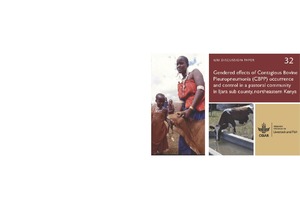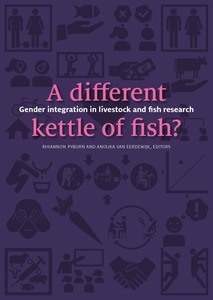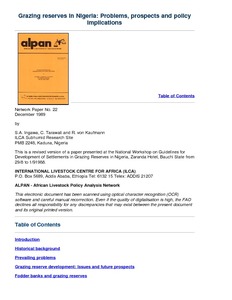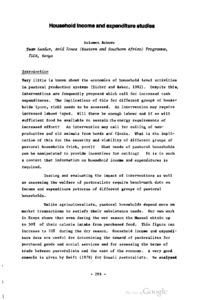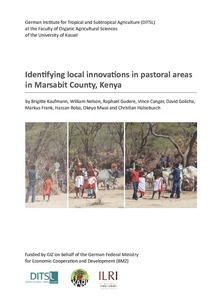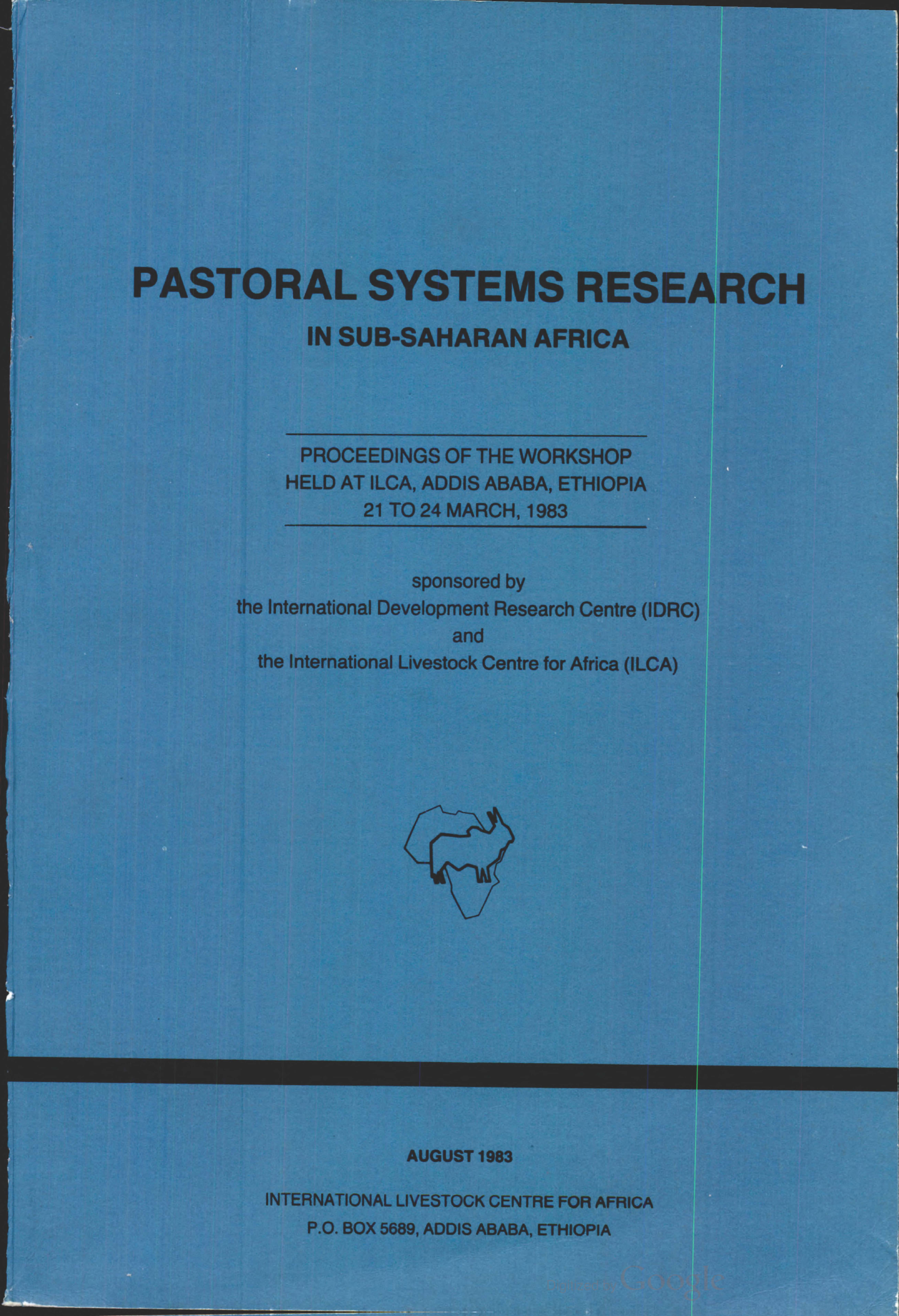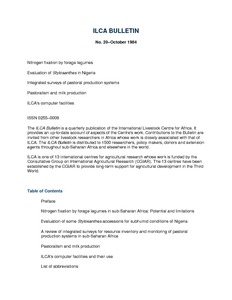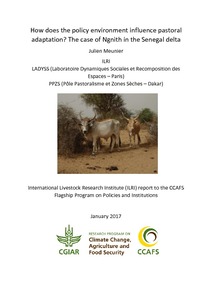Getting by in the dry season: Ololilis in Tanzania
Grazing reserves in Nigeria: Problems, prospects and policy implication
Grazing reserves in Nigeria are areas set aside for the use of pastoralists and are intended to be the foci of livestock development. The stated purpose of grazing reserves is the settlement of nomadic pastoralists they offer security of tenure as an inducement to sedentarization through the provision of land for grazing and permanent water. This paper reviews problems associated with grazing reserves and offers suggestions to make them more productive and relevant to the needs of the intended beneficiaries.
Heat, rain and livestock: Impacts of climate change on Africa’s livestock herders
What’s the future for Africa’s livestock herders as our climate changes, becomes less predictable, heats up? How can scientific research help remote pastoral communities? Among the poorest of the world’s poor, herders supply milk and meat not only for themselves but for large numbers of other poor people. Although their animals produce few of the greenhouse gasses harming the earth, these people will be among those most hurt by the climate changes we expect. Population growth and land degradation are already causing problems over much of the continent’s traditional rangelands.
Hope for Kenya's pastoralists: ILRI's Index-Based Livestock Insurance
Identification of agro-pastoralists adaptation strategies to climate variability: A case study in Mopti-Mali
Household income and expenditure studies
Discusses ways of studying economics of household level activities in pastoral production systems, with particular reference to the collection and analysis of data on household income and expenditure as well as resources inventory.
Identifying local innovations in pastoral areas in Marsabit County, Kenya
Household studies in pastoral systems research
Reviews differences between crop production and pastoral production, considering their effects on research possibilities; and describes basic methods that may be used to collect household level data, esp. informal & formal surveys, enumeration and the use of questionnaires.
How does the policy environment influence pastoral adaptation? The case of Ngnith in the Senegal delta
Human and animal vaccination delivery to remote nomadic families, Chad
Vaccination services for people and livestock often fail to achieve sufficient coverages in Africa's remote rural settings because of financial, logistic, and service delivery constraints. In Chad from 2000 through 2005, we demonstrated the feasibility of combining vaccination programs for nomadic pastoralists and their livestock. Sharing of transport logistics and equipment between physicians and veterinarians reduced total costs. Joint delivery of human and animal health services is adapted to and highly valued by hard-to-reach pastoralists.

